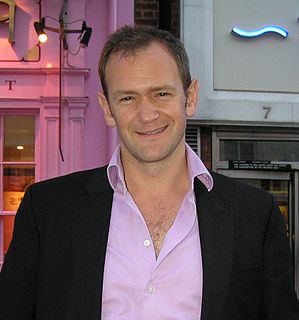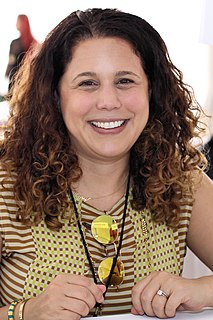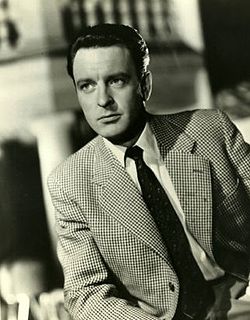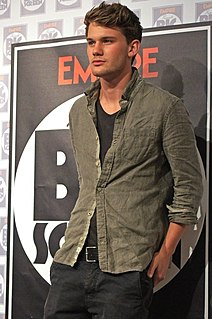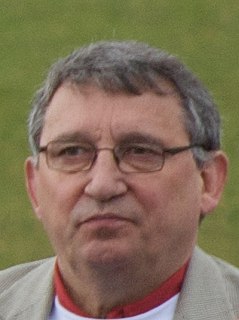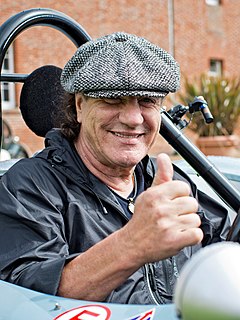A Quote by Alexander Armstrong
The nearest village was a place called Pauperhaugh which was a village in the sense that it had a phone box and a bridge. By the time I got down south I had decades to catch up on. We only got colour television in 1978.
Related Quotes
I had wanted to come back to Greenwich Village ever since I had left Waverly Place, and since moving to West Eleventh Street, I have never lived anyplace else. I do not want to. That is not because of what the Village is but because of what I have made it, and what I have made it depends on who I am at the time.
Occasionally they came to villages, and at each village they encountered a roadblock of fallen trees. Having had centuries of experience with the smallpox virus, the village elders had instituted their own methods for controlling the virus, according to their received wisdom, which was to cut their villages off from the world, to protect their people from a raging plague. It was reverse quarantine, an ancient practice in Africa, where a village bars itself from strangers during a time of disease, and drives away outsiders who appear. (94)
At the time, liberals didn't understand that they had First Amendment rights. So, I was doing cartoons in this narrative cartoon form about subject surrounding that and as I was turned down by editor after editor at each publishing house, I began to notice on their desks this new newspaper called The Village Voice, which I then went and picked up and thought, well my god, these editors that were turning me down all, whom tell me how much they like my stuff, but they don't know how to market it because nobody knows who I am. If I got into this paper, they would know who I am.
I live in the Village right near NYU, which is taking over most of the Village. I've lived there for most of my time in New York. One of the things I like about the Village is, it's considered the kind of area where you can't have skyscrapers or, actually, many tall buildings. So you can see the sky which, I think, is a benefit.
